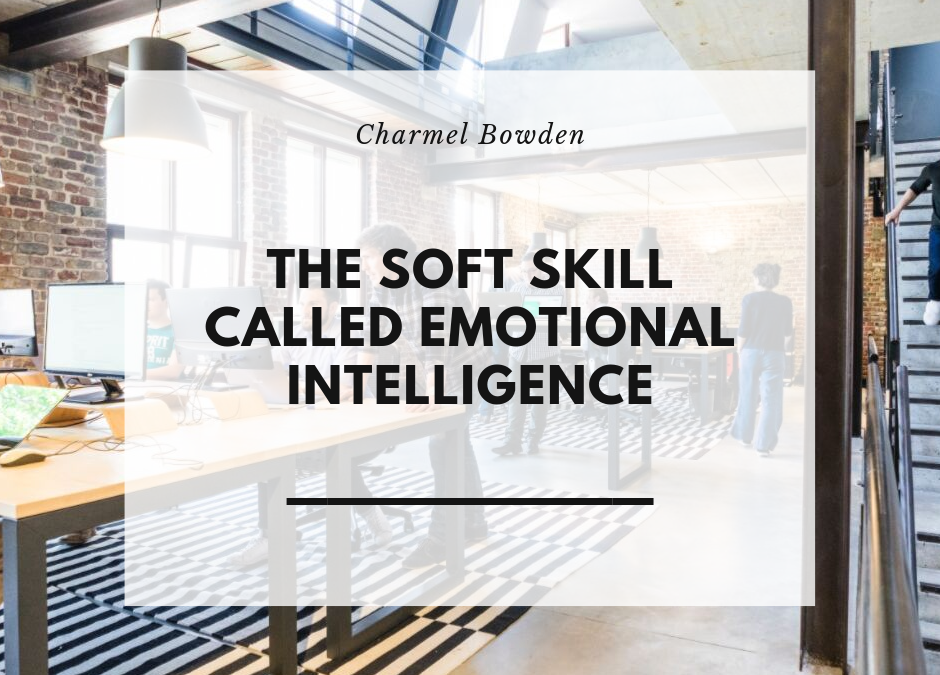When it comes to hiring, many companies look at what hard skills, experience and network a new employee can bring to the table. These are easier to assess as it relates to the pragmatic results of their job performance, but it’s often the soft skills that distinguish someone’s long-term contributions.
The buzz around Emotional Intelligence (EQ vs IQ) is on the rise. Over 70% of hiring managers say that they look for emotional intelligence in a potential employee over IQ. It’s not just about the job we do or how smart we are, but it’s how we manage emotions, for ourselves and others. The markers of a high EQ have gotten so much attention, some studies indicate there are now as many as 14 signs of emotional intelligence that are key indicators of success and happiness.
Why It Matters
When we are in charge of our emotions we are able to choose how to best respond in each unique situation, regardless of how we feel. It allows us to be more objective, more compassionate and better able to negotiate, diffuse anger and stay more positive. This leads to consistency in our behavior that leads people to feel more secure and safe because we are more predictably reasonable.
How Can You Build Emotional Intelligence?
There are 5 fundamental features of emotional intelligence. Most can be learned through practice, observation and desire to be a better version of yourself. It takes self-awareness and thought to determine how you want to behave and where you are limited or inconsistent in behaving that way. This may take help from an outside person to help you gain perspective and being open to feedback helps. This will help you in the social skills associated with EQ and your ability to self-regulate avoiding the need for others to “make you” feel better about yourself.
Empathy, on the other hand, can be more difficult to develop. If we have a lot of right/wrong issues, or low self-esteem or self-centeredness it’s very difficult to step into the shoes of another. For some, empathy comes naturally and often more so for women than men. The characteristics all go hand in hand.
Leaders With High EQ Make a Difference
As a leader, being a role model is important. The most successful and respected leaders have generally developed a high EQ capacity. Their team can count on them and can turn to them for their solid strength and maturity.
Emotions can be messy, but when we appreciate ourselves as emotional beings with the potential to expand our wisdom and insights through understanding our emotions rather than shutting them down, we will help ensure a happier, more successful work environment for everyone.

